Cultural Implications of the New World Order: A New Identity?
The Evolution of Global Governance
The phrase “New World Order” (NWO) refers to a shift towards new governance structures and geopolitical alliances in the wake of significant global events. The end of the Cold War, advancements in technology, global trade, and the rise of terrorism have all precipitated a world that is increasingly interconnected. This paradigm shift imposes an urgent need for a cohesive global identity while highlighting the cultural implications that arise from such sweeping changes.
Identity Crisis in a Globalized World
As countries become more interconnected, individual cultures often face challenges that threaten traditional values and practices. The NWO has led to a questioning of national identity. Citizens are now torn between their allegiance to local customs and a newfound global identity forged through digital interaction, immigration, and international policies.
Cultural Homogenization vs. Cultural Preservation
The forces of globalization can lead to cultural homogenization, where unique cultural identities may become diluted. Western media, consumer goods, and lifestyles have spread worldwide, often overshadowing local traditions. This phenomenon raises critical concerns about cultural preservation. Nations are now grappling with retaining their individual identities amid the onslaught of a global culture characterized by common economic practices, social values, and communication methods.
The Role of Technology
Technology plays an instrumental role in shaping cultural identity within the New World Order. Social media platforms, for instance, have amplified voices from all corners of the globe. During protests, movements such as #MeToo and #BlackLivesMatter have transcended borders, bringing diverse communities together under shared causes. This connectivity fosters a new sense of global citizenship but simultaneously complicates the landscape of national identity.
Language as a Cultural Indicator
Language is a pivotal element in the discussion of cultural identity. The proliferation of English as a global lingua franca has implications for linguistic diversity. While English facilitates international communication, it can also lead to the decline of native languages and dialects. As communities adopt English for wider reach, there’s a fear that vital cultural narratives and identities tied to these languages may fade away, resulting in a loss of unique worldviews.
The Resurgence of Nationalism
In response to globalization, there has been a notable resurgence of nationalism in various countries. This trend encapsulates a pushback against perceived cultural encroachment. Populist movements often arise from a desire to protect local customs and traditions. These movements may stimulate a sense of national pride but can simultaneously foster exclusionary practices that alienate minority groups.
Policy Decisions and Cultural Outcomes
Governments now need to make policy decisions that reflect both national interests and global responsibilities. Immigration policies, trade agreements, and international relations often have cultural ramifications. For instance, strict immigration policies may preserve cultural identity in the short term but can lead to demographic challenges, creating an insular society that struggles to adapt to an increasingly multicultural world.
The Arts as a Cultural Bridge
The arts serve as a critical conduit for cultural exchange and understanding. Artists, filmmakers, and musicians harness their craft to tackle complex issues surrounding identity, belonging, and the human experience in the context of the NWO. Cross-cultural collaborations bring diverse perspectives together, fostering dialogue and reducing stereotypes.
Education and Cultural Awareness
Education systems worldwide are increasingly integrating a global perspective into their curricula. The emphasis on international relations, foreign languages, and multicultural studies aims to prepare students for an interconnected world. This shift creates new generational identities that are more cosmopolitan, yet may also incite resistance from those who prefer traditional educational values.
Cultural Diplomacy and Cooperation
As nations navigate the complexities of cultural implications associated with the NWO, cultural diplomacy is essential. International collaborations in the arts, sports, and academia can foster mutual understanding, creating avenues for peaceful coexistence. These exchanges enable nations to learn from one another while promoting their unique cultural heritage.
The Future of Global Identity
The future of identity within the New World Order could evolve into a mosaic rather than a monolith. A hybrid identity, where local cultures coexist alongside a broader global identity, may emerge. This view encapsulates the potential for cross-cultural dialogue, understanding, and the enrichment of human experience as nations learn to balance tradition with modern influences.
Generational Perspectives
Younger generations are at the forefront of this cultural evolution. With access to global information and networks through the internet, their identities are increasingly shaped by diverse influences that transcend borders. Importantly, these new identities do not necessarily need to align with nationalism or cultural purism but can embrace plurality—thereby advocating for inclusivity and global awareness.
Environmental Concerns and Cultural Adaptation
Global issues such as climate change have also introduced new cultural dynamics. Various cultures approach environmental stewardship differently, leading to an intersection of traditional ecological knowledge and modern sustainability practices. The NWO has galvanized awareness about the importance of these diverse perspectives in forming a collective response to global challenges, thereby reshaping cultural identity through a shared commitment to the planet.
Religion and Spiritualism in the Global Context
Religion, often a steadfast marker of identity, is also impacted by the New World Order. The intermingling of beliefs and practices due to migration and digital communities creates both opportunities for interfaith dialogue and tensions resulting from cultural clashes. As individuals navigate faith in a postmodern context, there are rich opportunities for reinterpretation of spiritual identities that resonate with contemporary realities.
Conclusion
The cultural implications of the New World Order are vast and multi-faceted, encapsulating the evolving dynamics of identity amid globalization. Communities worldwide are learning to balance preservation with adaptation, striving for inclusivity while recognizing the challenges posed by technological advancements, migration, and socio-political shifts. This process will shape not only individual and national identities but also global culture in the years to come.



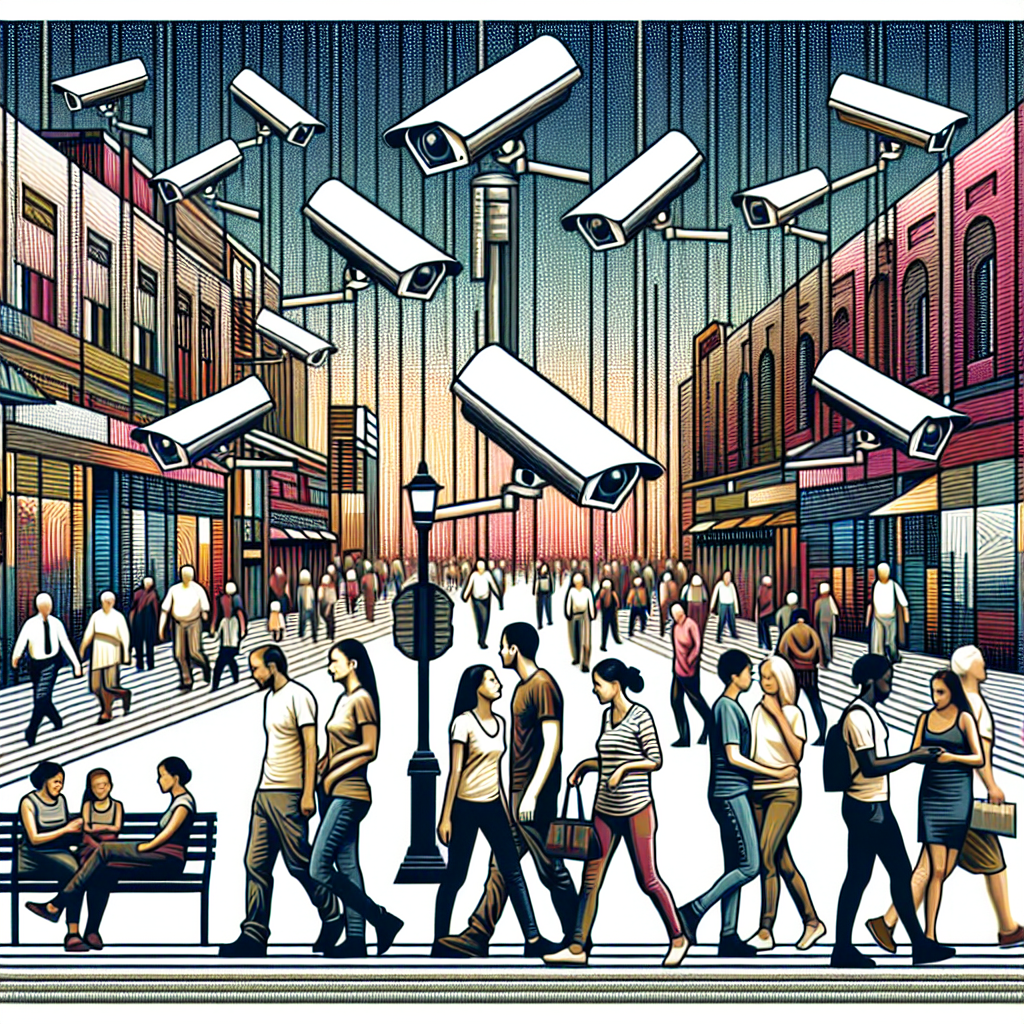

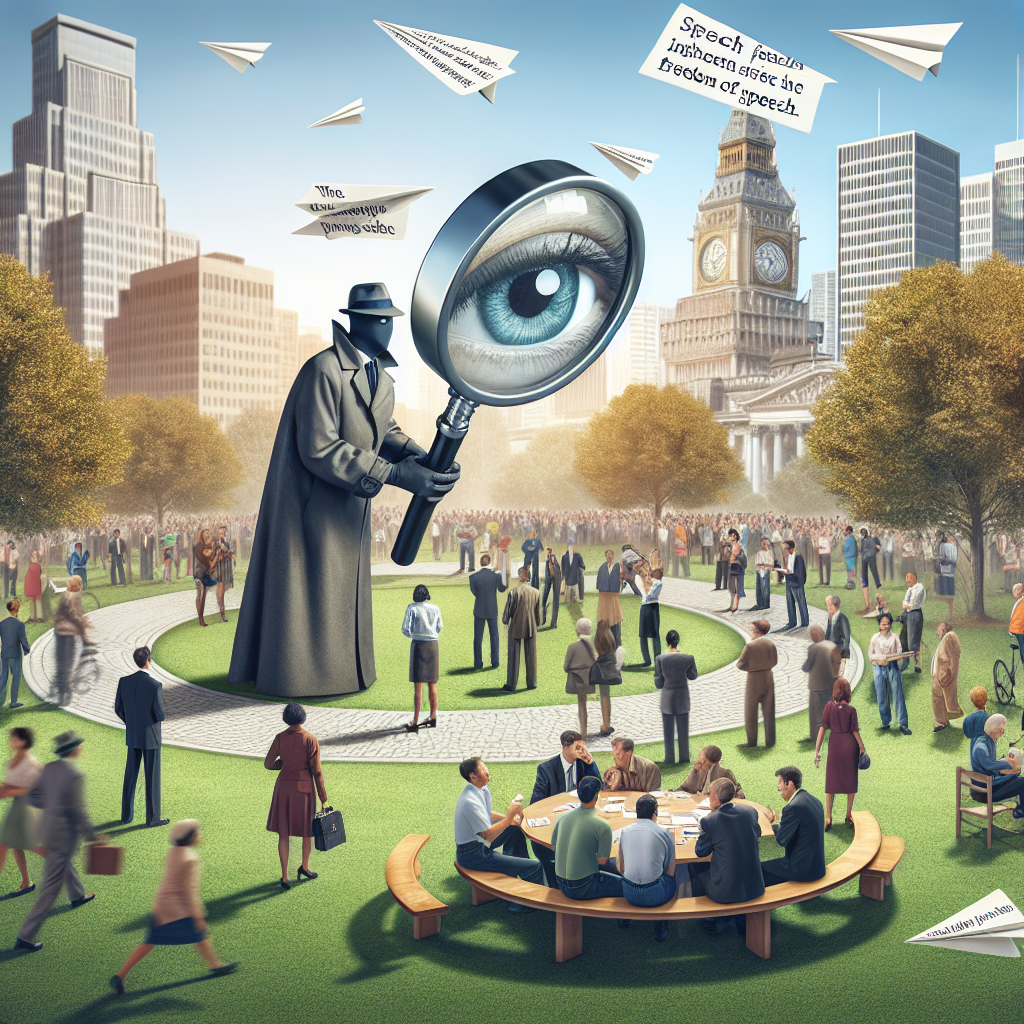

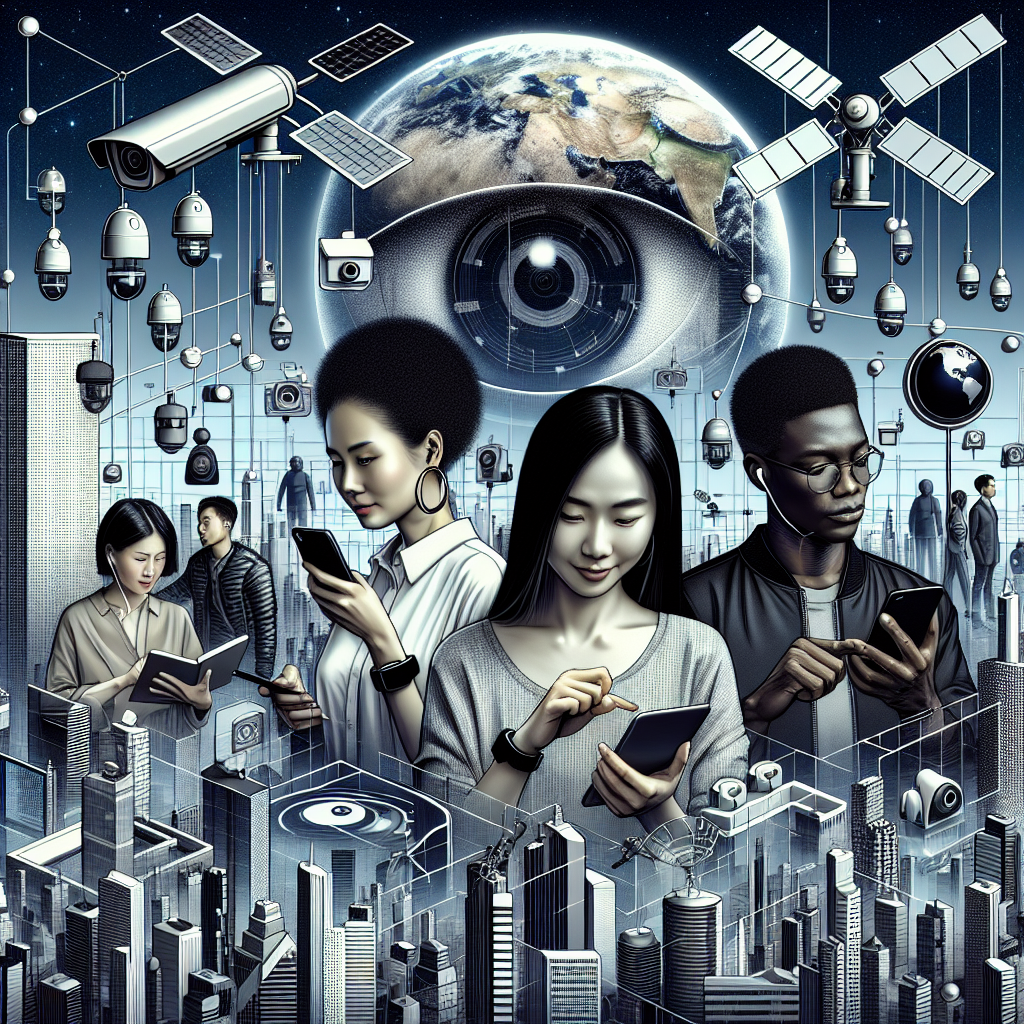
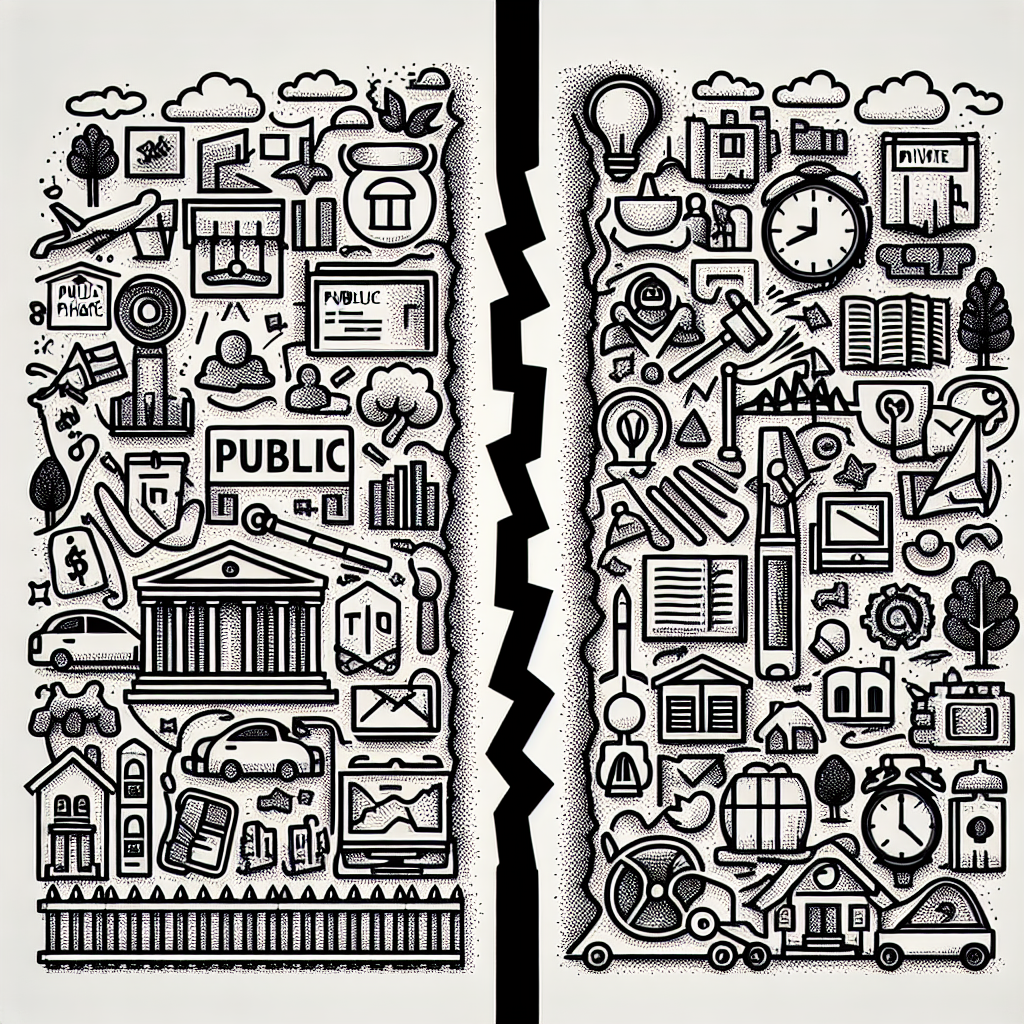
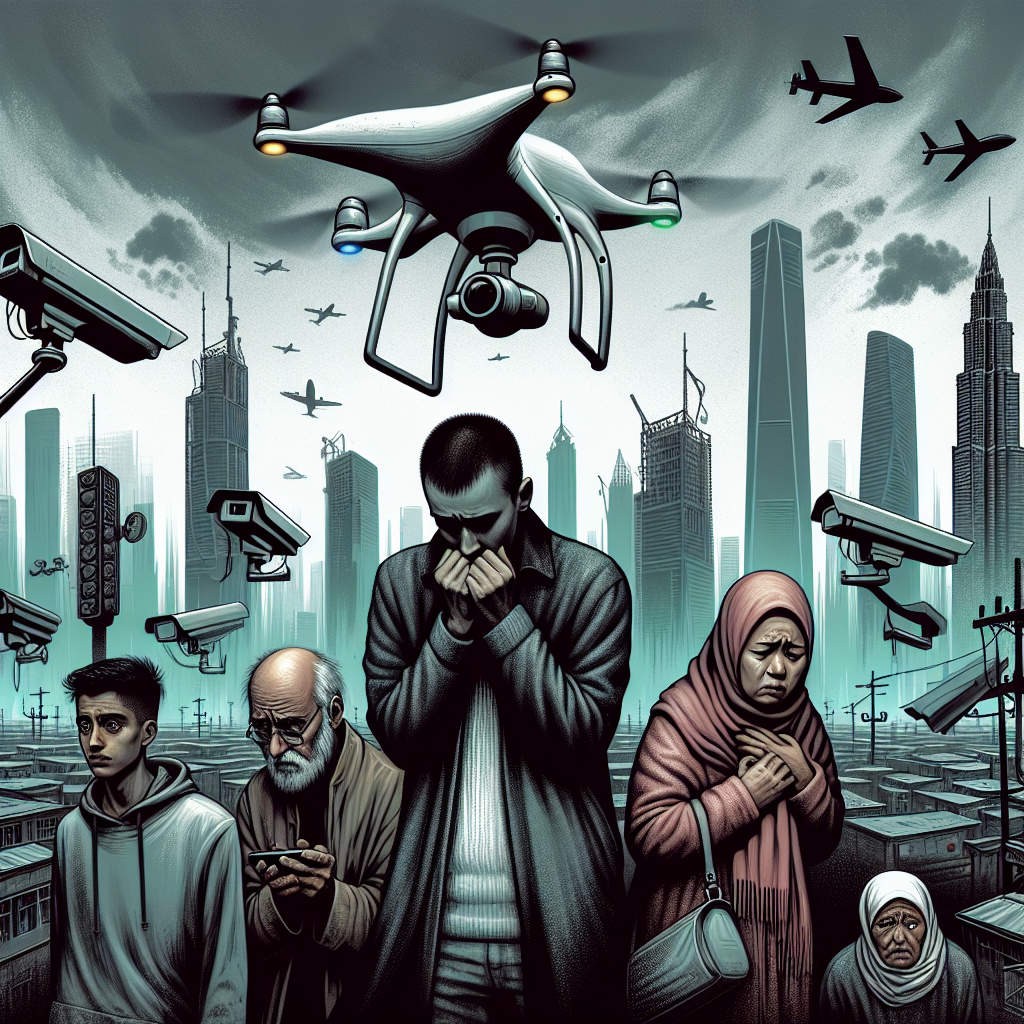



Leave a Reply